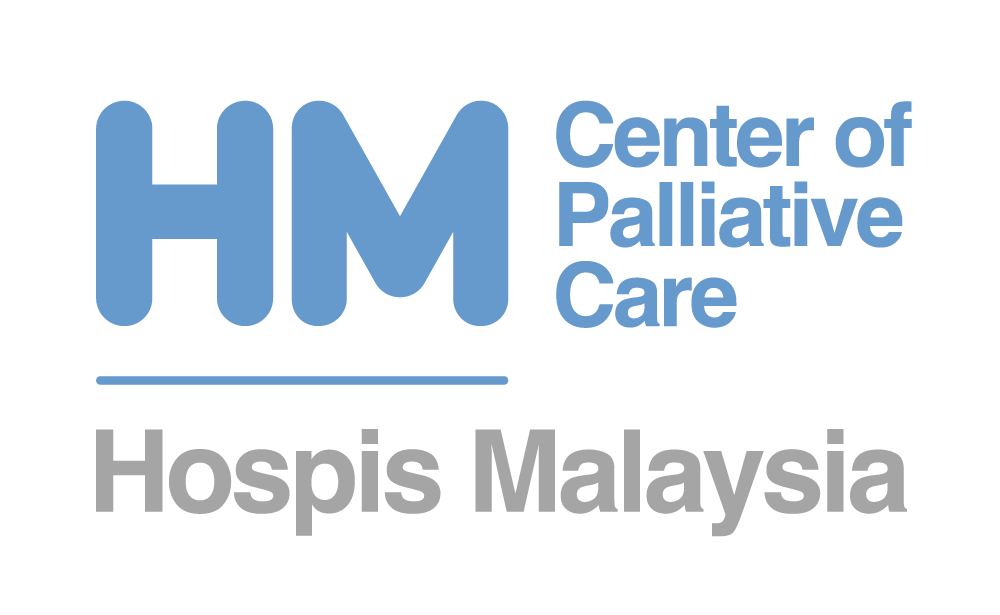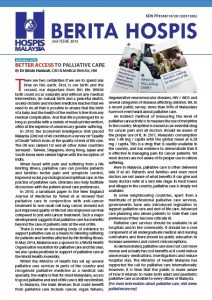There are two certainties if we are to spend any time on this earth. First, is our birth and the second, our departure from this life. Whilst both could occur naturally and without any medical intervention, (ie: natural birth and a peaceful death), society dictates and modern medicine teaches that we need to do all that is possible to ensure that the birth of a baby and the health of the mother is free from any medical complication. And that life is prolonged for as long as possible with a variety of medical intervention, often at the expense of unnecessary greater suffering.
In 2010, the Economist Intelligence Unit placed Malaysia 33rd out of 40 countries in a survey on “Quality of Death” which looks at the quality of end of life care. The UK was ranked 1st and all other Asian countries surveyed – Taiwan, Singapore, Hong Kong, Japan and South Korea were ranked higher with the exception of India.
When faced with pain and suffering from a life limiting illness, palliative care can provide patients and families better pain and symptom control, improved social, psychological and spiritual care. In the practice of palliative care, clinicians also help facilitate discussions with the patient about care preferences.
In 2010, a landmark paper in the New England Journal of Medicine by Temel et al showed that palliative care in conjunction with anti-cancer treatment in non-small cell lung cancer showed not just improved quality of life but also improved survival compared to just anti-cancer treatment. Such a major development suggests that palliative care has benefits beyond the care of patients only at the end of life.
There is now an increasing body of evidence to support palliative care as a means to relieving suffering for patients and families affected by life limiting illness. In May 2014, Malaysia was a sponsor to a World Health Organisation resolution for palliative care and this year, we also spoke positively in support of palliative care at the World Health Assembly.
Whilst the Ministry of Health has set up several palliative care services in parts of the country and recognised palliative medicine as a medical sub specialty, the reality is that for most Malaysians, access to good palliative and end of life care is still very limited

